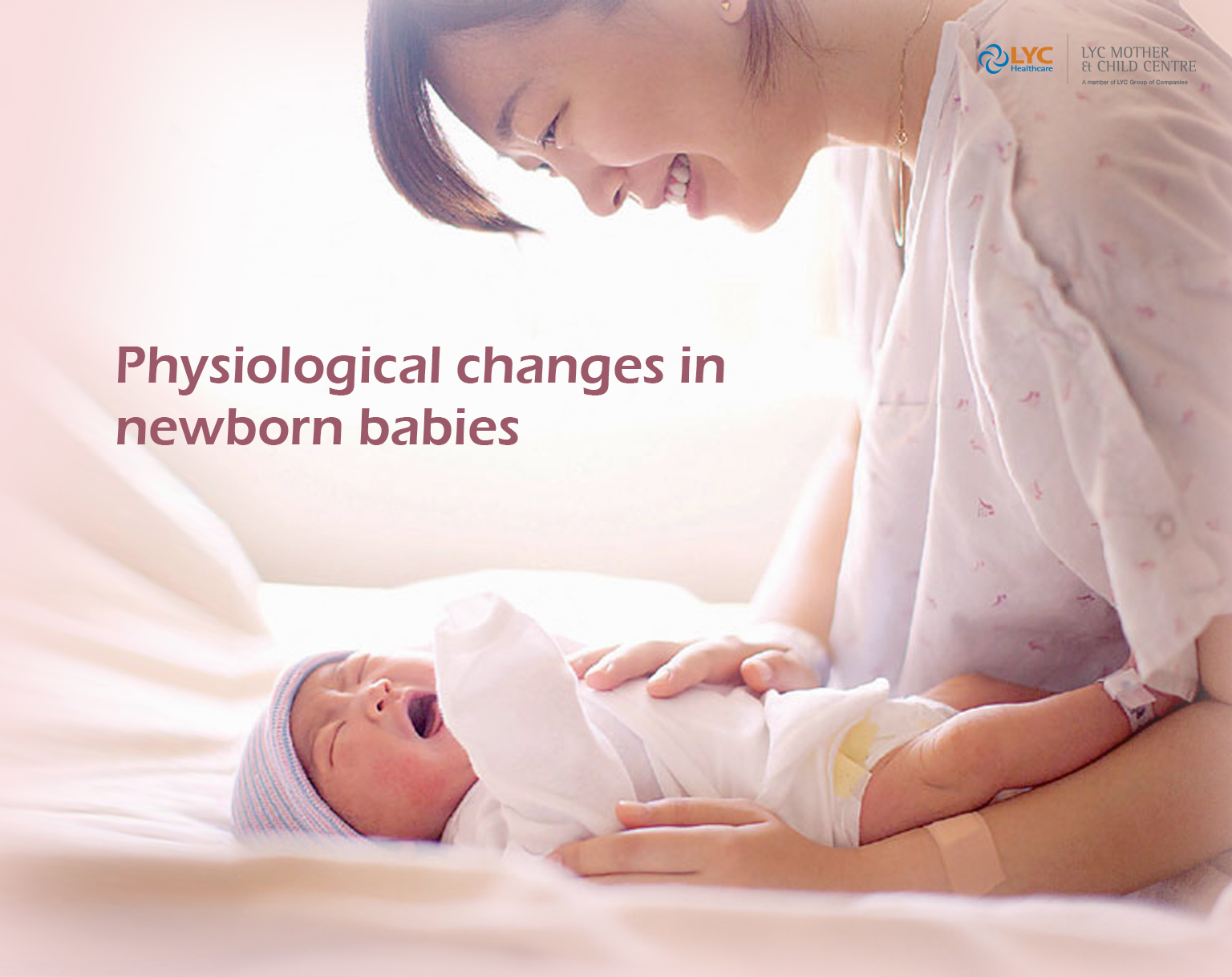
Newborn baby's body undergoes changes in order to adapt to the new world outside the womb. Let's take a look at the physiological changes in newborns.
The placenta helps babies breathe as it grows in the womb. Oxygen flows through the blood in the placenta, mostly into the baby's heart and through the body. When your baby is born, the lungs are not inflated but filled with fluid, and the first breath will take place within about 10 seconds after delivery. The breathing sounds like wheezing. This is because your baby's central nervous system is responding to sudden changes in temperature and new environment.
A newborn baby produces about twice as much heat as an adult, and the heat is expelled through the baby's skin, amniotic fluid, and uterine wall. After giving birth, a newborn baby's body begins to heat up because receptors on the baby's skin send a message to the brain that the body is cold, and the body begins to generate heat.
In a newborn baby, the liver is where sugar and iron are stored. After birth, the liver has a variety of functions. It produces substances that help blood clot and it also breaks down excess red blood cells. If your baby's body doesn't break down bilirubin properly, it can lead to jaundice.
Later in your pregnancy, your baby produces a dark green or black waste called meconium. Meconium, the medical term for a newborn baby's first stool, consists of amniotic fluid, mucus, lanugo, bile, and cells shed from the skin and intestines. Your baby's gastrointestinal system is not fully functional until after birth.
Newborn babies typically begin urinating within 24 hours of birth, and the kidneys become able to maintain the body's fluid and electrolyte balance. It still takes some time for your baby's kidneys to mature and function efficiently, and compared to adults, newborn babies will be less able to remove excess salt (sodium) from their body or dilute their urine, but this will gradually improve as the baby grows.
The womb is a relatively sterile environment. Once the baby is born, they will be exposed to various bacteria and other potentially pathogenic substances. Although newborn babies are susceptible to infections, their immune systems can respond to infectious organisms. In addition, newborns will carry some antibodies from their mother to prevent infection, and breastfeeding also helps to improve baby’s immunity. In general, your baby's immune system will gradually improve over time after birth.
The skin of a newborn baby varies depending on the length of the mother's pregnancy. The skin of a premature baby is thin and transparent, and the skin of a full-term baby is thicker. When your baby is born, a fine hair called lanugo coats the skin of a newborn baby, as well as a thick, waxy substance called vernix, which protects the fetus as it floats in amniotic fluid in the womb. Vernix should be cleaned up during your baby's first bath. Your baby’s skin may crack, peel, or appear blotchy, but it will improve over time.